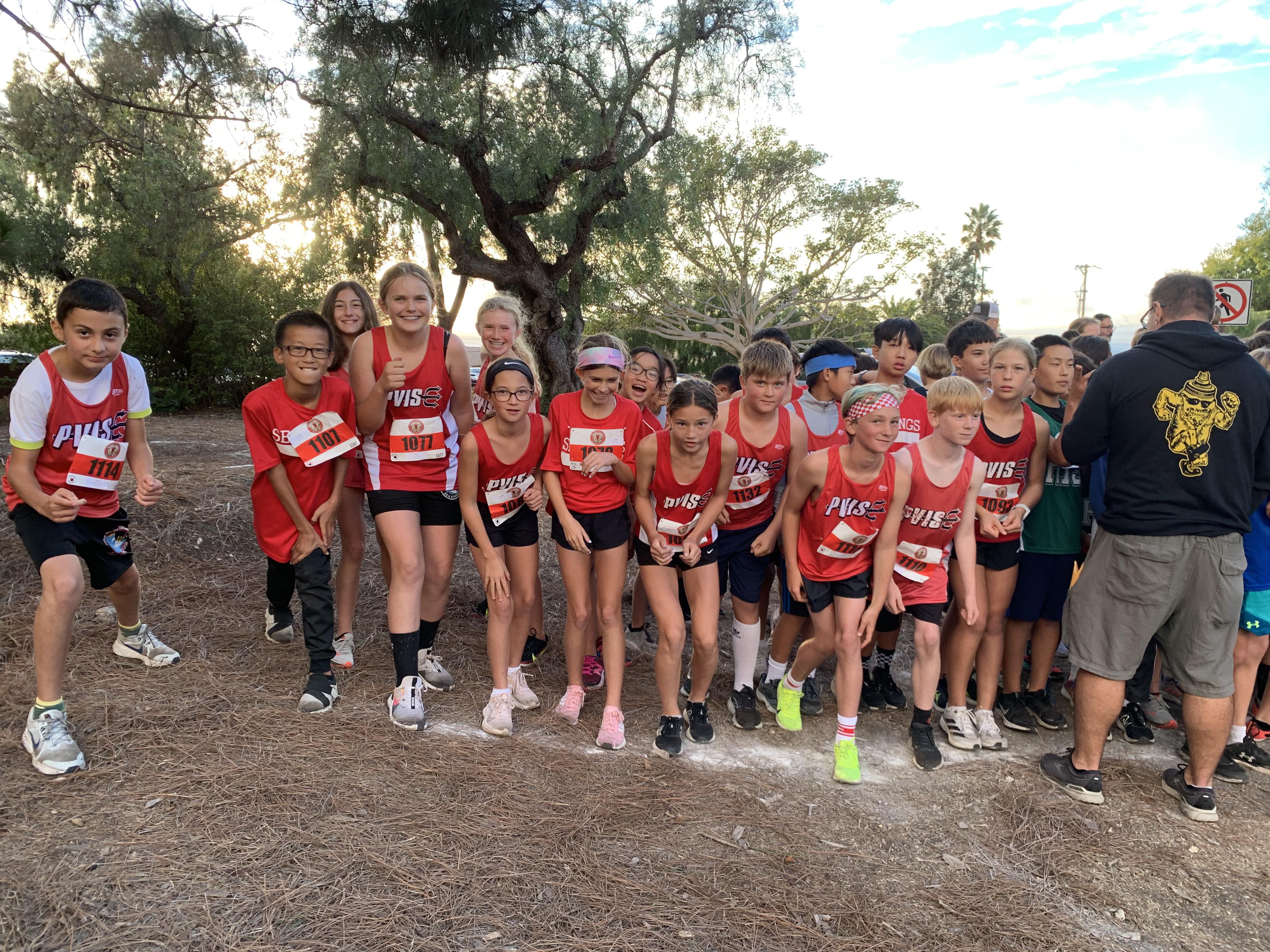The optimal way to teach a child accountability is different for each child. But here are five tips that will help you to figure out the best way to teach it to your children or students:
1. ACCOUNTABILITY CAN ONLY BE LEARNED WHEN YOU DO LESS
The only way to teach accountability is by letting your children or students be responsible for more. Find one or two things that minimize what you do for your children or students and let them do more. You will know if it works because they will become more accountable. If it doesn’t help them, then find other ways to let them do more. You will eventually find something that they can be more responsible for.
2. DON’T BE TOO HARD ON YOUR CHILDREN OR STUDENTS
They will have enough natural consequences in their life, you don’t need to make it worse by punishing them more. If a child or student is put in a situation where they fall too behind or the consequences make their lives miserable, they might stop trying and may not want to do anything. This happens a lot with grades. If a child has to work too hard or they fall behind so much that there is no way for them to catch up or improve their grades, they will give up. It doesn’t help anyone when a child gives up. So, make sure your system, or way of doing things, enables all your children or students to not fall behind by too much while giving them more responsibility.
3. TALK WITH YOUR CHILDREN OR STUDENTS
The best way to figure out what a student or child is willing and capable of doing is talking with them. They are always more willing to go along with a plan, if they are included. If they know that you are truly trying to help them and give them more freedom. They also might come up with some really good solutions or ideas. Children can be very surprising.
4. GIVE YOUR CHILDREN OR STUDENTS ROOM TO FAIL
As explained earlier, when your children or students start learning to be more accountable, they probably won’t be very good at it. There are adults who still are not good at it. They will inevitably make many big mistakes and wrong decisions. However, allow them to do that. Do not take away their accountability just because they make a wrong choice. Try to be patient. Yes, I understand if their safety is involved or if the consequences are dire, you might need to get more involved, but let them fail as much as you can tolerate. When they fail, it will allow them to learn quicker and develop a greater ability to be accountable.
5. BE SUPPORTIVE
Although you want to do less, and let your child or student do more, it doesn’t mean that you do nothing. It always helps a student or child to have someone they can turn to for advice or help, but only when they ask or when you observe they are looking for it. It’s good to give them suggestions on things that they can do to help them. Maybe even provide some support every once in a while, when they are really in need. Remember, the goal is to do less, so as long as you are slowly decreasing your support you are heading in the right direction.
















